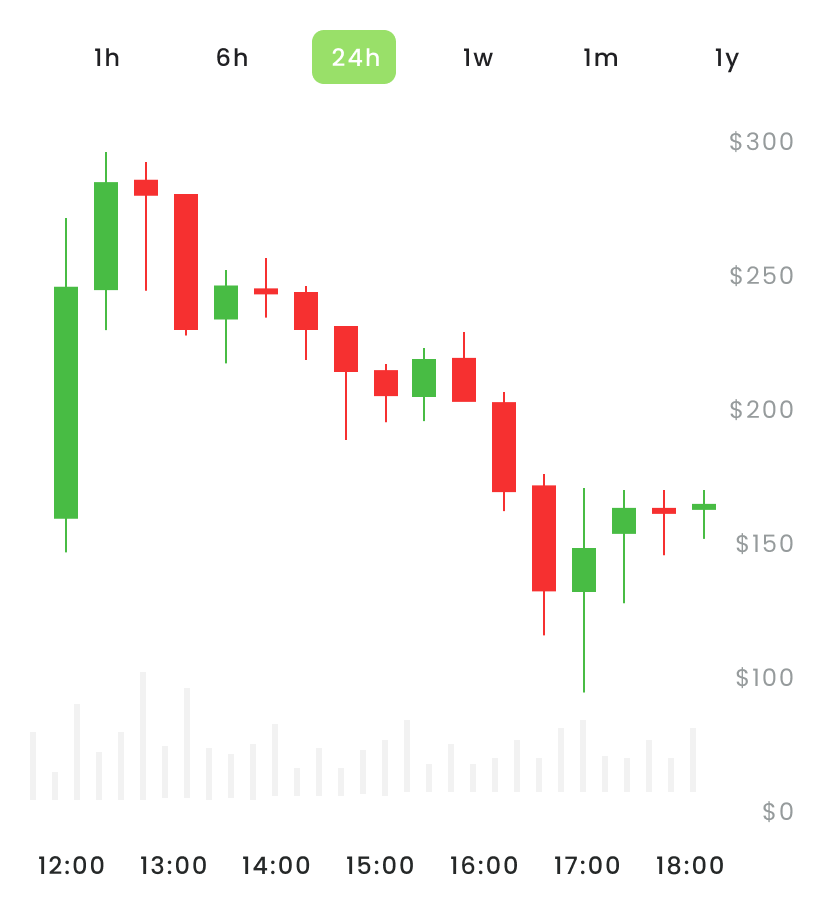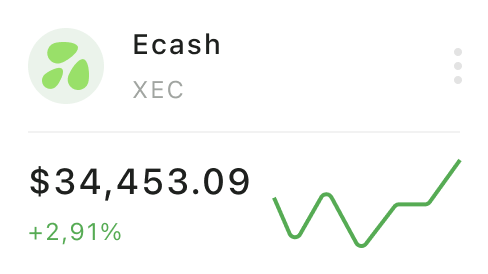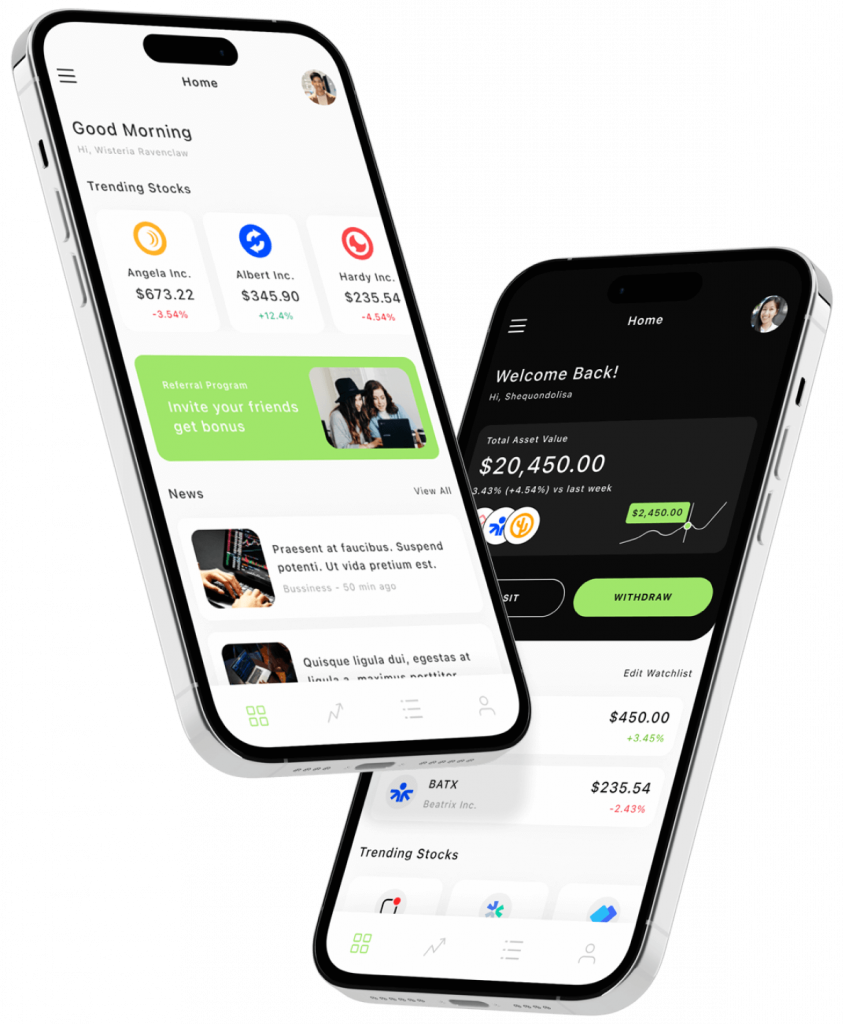Forex trading, also known as foreign exchange trading or currency trading, involves the simultaneous buying and selling of currencies on this decentralized global market.



With its high liquidity, 24-hour trading, and relatively low transaction costs, Forex trading has become increasingly popular among retail investors and traders worldwide. Engaging in Forex trading requires proper licensing to ensure legal compliance and to build trust with clients.
A forex trading license for sale is an official authorization granted by a regulatory body that permits an individual or company to participate in the Forex market as a broker, trader, or financial intermediary. This license is crucial as it ensures that the licensed entity adheres to financial standards and operates transparently, safeguarding the interests of their clients.
In some instances, obtaining a new Forex trading license can be a lengthy and complex process, involving stringent regulatory requirements and significant financial investment. As a result, there is a market for pre-existing Forex trading licenses, where entities that already possess a license opt to sell it to new or expanding firms. This presents an opportunity for businesses to enter the market more quickly and with potentially fewer hurdles.
Regulatory bodies play a pivotal role in the Forex market, ensuring that licensed entities adhere to legal and ethical standards. These bodies set the criteria for obtaining a license, monitor licensed entities for compliance, and have the power to revoke licenses in cases of misconduct. The importance of these regulatory bodies cannot be overstated, as they provide a framework of trust and security that underpins the entire Forex market.
By delving into the market for Forex trading licenses, understanding the factors to consider before making a purchase, and being aware of the regulatory requirements and associated costs, potential buyers can make informed decisions that align with their business objectives and ethical standards.



The Forex trading industry has witnessed exponential growth over the years, and with it, the market for Forex trading licenses has also expanded significantly. This market operates globally, with various regulatory bodies overseeing the issuance, transfer, and sale of these licenses.
Forex trading licenses are issued by regulatory bodies in different countries, and each jurisdiction has its own set of rules and standards. Some regions are known for their strict regulatory environments, such as the United States, the United Kingdom, and Australia, while others may have more lenient requirements. This global distribution means that licenses are available from a wide range of jurisdictions, catering to different business needs and risk appetites.
In the market for Forex trading licenses, brokers and intermediaries play a crucial role. They act as facilitators, connecting sellers of licenses with potential buyers. These brokers have extensive knowledge of the regulatory landscape and can provide invaluable assistance in navigating the complexities of acquiring a Forex trading license. It is crucial for buyers to conduct due diligence and ensure they are working with reputable brokers to avoid scams and fraudulent schemes.
The price of a Forex trading license can vary significantly depending on various factors, including the jurisdiction of the license, the reputation of the regulatory body, and the specific terms and conditions of the license. In more reputable jurisdictions, licenses may command a higher price due to the increased credibility and trust associated with those regulatory bodies. Licenses that come with a clean compliance history and established client base may be valued higher than those without.
The demand for Forex trading licenses is influenced by several factors, including the overall growth of the Forex trading industry, changes in regulatory environments, and the entry of new players into the market. On the supply side, the availability of licenses for sale depends on existing firms exiting the market, upgrading their licenses, or looking to liquidate their assets.
Regulatory changes can have a significant impact on the market for Forex trading licenses. Stricter regulations may lead to an increase in the demand for licenses from reputable jurisdictions, as firms seek to enhance their credibility and ensure compliance. Conversely, changes that ease regulatory requirements may lead to a decrease in demand for licenses in certain jurisdictions.

Obtaining a Forex trading license is a significant step for any business looking to operate in the foreign exchange market. It’s crucial to carefully evaluate various factors to ensure that the license aligns with the business’s goals, operational capabilities, and compliance requirements. Below are key considerations to take into account before making a purchase.
Reputation of the Regulatory Body: A license from a well-respected regulatory authority enhances credibility and trust among clients and partners. Consider jurisdictions with robust financial regulatory frameworks.
Compliance Requirements: Understand the regulatory requirements of the jurisdiction, including reporting, capital adequacy, and client protection measures. Ensure that your business can meet and maintain these standards.
Initial Purchase Price: Assess the upfront cost of purchasing the license and ensure it aligns with your budget and financial projections.
Ongoing Operational Costs: Consider the ongoing costs associated with maintaining the license, including regulatory fees, compliance costs, and potential capital requirements.
Potential for Return on Investment: Evaluate the potential returns and business growth opportunities that the license could facilitate.
Legal Advice: Seek legal advice to navigate the contractual aspects of the purchase and ensure that all legal obligations are met.
Transferability of the License: Confirm that the license is transferable and understand the process and any associated costs.
By taking a comprehensive and thoughtful approach to evaluating these factors, businesses can make informed decisions that enhance their ability to succeed in the Forex trading market while ensuring legal compliance and building trust with their clients.
Investing in a Forex trading license is a strategic decision that requires careful consideration of its potential advantages and disadvantages. Below, we explore the various benefits and drawbacks associated with purchasing a Forex trading license.
Building Trust: Having a legitimate trading license enhances your credibility in the eyes of clients and partners, fostering trust.
Market Access: A license o
pens doors to various markets and jurisdictions, allowing for a broader client base.
Alignment with Legal Standards: Possessing a trading license ensures that your operations are in compliance with legal and regulatory standards, mitigating the risk of legal issues.
Enhanced Investor Protection: Licensed entities are required to adhere to certain standards that protect the interests of their clients, contributing to a safer trading environment.
Drawbacks
Financial Implications
High Initial Costs: The process of purchasing and obtaining a Forex trading license can be expensive, involving various fees and potentially high initial capital requirements.
Ongoing Operational Costs: Maintaining compliance and adhering to regulatory requirements can result in ongoing operational costs.
Complex Application Process: The process of transferring or acquiring a Forex trading license can be complex and time-consuming.
Stringent Regulatory Requirements: Meeting and maintaining stringent regulatory requirements can be challenging, especially for smaller or newer entities.
Thoroughly evaluating these factors is essential to making an informed decision that aligns with your business’s strategic objectives and capabilities.


Engaging in Forex trading necessitates adherence to a myriad of regulatory requirements and compliance measures to ensure a fair and transparent trading environment. Regulatory bodies worldwide have established strict standards to protect investors and maintain the integrity of the financial markets. Below is an exploration of key aspects related to regulatory requirements and compliance in Forex trading.
Obtaining a Valid License: Prior to commencing operations, Forex brokers must obtain a valid trading license from a reputable regulatory authority.
Registration with Regulatory Bodies: Brokers are required to register with the relevant financial regulatory bodies and comply with their rules and standards.
Maintaining Sufficient Capital: Regulators mandate that Forex brokers maintain a certain level of capital reserves to ensure their financial stability and protect clients’ funds.
Transparent Financial Reporting: Licensed brokers are required to submit regular financial reports and disclosures, ensuring transparency and accountability.
By adhering to these regulatory requirements and compliance measures, Forex brokers contribute to a safer and more transparent trading environment, fostering trust among investors and ensuring the long-term sustainability of the Forex trading industry. For potential buyers of Forex trading licenses, understanding and preparing to meet these requirements is crucial for successful and lawful operations.
Acquiring a Forex trading license is a comprehensive process that requires attention to detail and a deep understanding of regulatory requirements. Here’s an overview of the steps involved in this procedure:
First and foremost, you need to select a jurisdiction that aligns with your business objectives and budget. This decision should be based on a thorough analysis of the regulatory environment, the credibility of the regulatory body, and the specific requirements set forth by the authorities. Understanding the regulatory landscape is crucial to making an informed choice.
Once you’ve chosen a jurisdiction, the next step involves preparing and gathering all necessary documents. This typically includes detailed information about your business, its financial standing, and the backgrounds of key personnel. You will need to provide comprehensive proof of your company’s integrity, experience, and financial stability.
With all the necessary documents in hand, you proceed to submit your application to the relevant regulatory body. This application must be filled out accurately and completely, as any discrepancies or missing information could result in delays or rejection.
While waiting for the regulatory body to process your application, it’s time to set up your operational infrastructure and ensure that it complies with the regulatory standards. This includes implementing robust risk management procedures, establishing clear internal policies, and ensuring the security of your trading platforms.
Acquiring a Forex trading license is a substantial investment, with various associated costs that can vary significantly depending on the jurisdiction and specific regulatory requirements. Here’s a comprehensive overview of the potential expenses:
When you submit your application for a Forex trading license, the regulatory body will typically charge an application fee. This fee can range from a few thousand to tens of thousands of dollars, depending on the jurisdiction.
Navigating the complex regulatory landscape and preparing the necessary documentation often requires the assistance of legal and consultancy services. Hiring experienced professionals can ensure that the application process goes smoothly, but these services come at a cost.
Acquiring a Forex trading license involves a variety of costs, some of which can be substantial. It’s crucial to thoroughly research and budget for these expenses to ensure that you are financially prepared for the investment. Seeking advice from financial and legal experts can help you navigate the process and avoid any potential pitfalls.
The process of acquiring a Forex trading license can be challenging, and it’s crucial to stay vigilant to avoid falling victim to scams or dealing with unscrupulous sellers. Below are strategies and tips to help you navigate through this process safely and securely.
Before engaging with any sellers or intermediaries, conduct comprehensive research to verify their credibility and track record. Look for reviews, testimonials, and any red flags that might indicate fraudulent activity.
If you are purchasing an existing license, ensure that the license is legitimate and in good standing. You can do this by contacting the regulatory body directly to verify the license’s status and any potential compliance issues.
Be cautious of sellers or intermediaries that make unrealistic promises, such as guaranteed approval or exceptionally low costs. If something sounds too good to be true, it probably is.
Engage with reputable legal and financial advisors who specialize in Forex trading and licensing. They can provide valuable guidance, help you navigate the regulatory landscape, and verify the credibility of sellers.
Remember, protecting your investment and ensuring the legitimacy of your license is paramount.
The Forex trading industry is continuously evolving, and so are the trends in licensing and regulatory practices. Staying abreast of these changes is crucial for anyone looking to acquire a Forex trading license or operate in the Forex market. Here’s an overview of some of the emerging trends in this space.
Regulators worldwide are ramping up their scrutiny of Forex brokers and trading practices to protect investors and maintain market integrity. This trend means stricter compliance requirements, more rigorous audits, and an overall higher standard for obtaining and maintaining a Forex trading license.
With the increasing reliance on technology in Forex trading, there’s a growing emphasis on cybersecurity and the adoption of advanced technological solutions. Regulators are now expecting brokers to have robust cybersecurity measures in place to protect client data and funds.
There’s a trend towards the harmonization of regulatory standards across different jurisdictions, aiming to create a more consistent and fair trading environment worldwide. This shift is making it easier for brokers to operate in multiple jurisdictions but also means that they need to adhere to high international standards.
The rise of cryptocurrencies and digital assets is one of the most notable trends in the financial world, and the Forex market is no exception. Regulators are working on developing clear guidelines and regulatory frameworks for cryptocurrency trading, which is becoming an integral part of Forex brokers’ offerings.
By staying informed about these emerging trends and adapting their practices accordingly, brokers and prospective license holders can navigate the evolving Forex trading landscape more effectively, ensuring long-term success and compliance with regulatory standards.
Navigating the complex world of Forex trading licenses requires a comprehensive understanding of the regulatory landscape, a strategic approach to choosing the right jurisdiction, and a steadfast commitment to compliance and operational excellence. Here are the key takeaways from our discussion:
Before proceeding with any decision, conduct thorough research and due diligence. Understand the market, the regulatory requirements, and the costs associated with obtaining a Forex trading license.
The jurisdiction in which you choose to obtain your Forex trading license significantly impacts your operations, costs, and regulatory obligations. Evaluate your options carefully and consider the long-term implications of your choice.
Maintaining compliance with regulatory standards is paramount. Invest in robust internal policies, risk management procedures, and technology to ensure you meet all regulatory requirements and protect your clients’ interests.
The Forex trading industry is evolving, with increased regulatory scrutiny, a focus on technology and cybersecurity, and a shift towards sustainable and ethical trading practices. Stay informed about these trends to ensure your business remains competitive and compliant.
Copyright © 2023 All rights reserved.